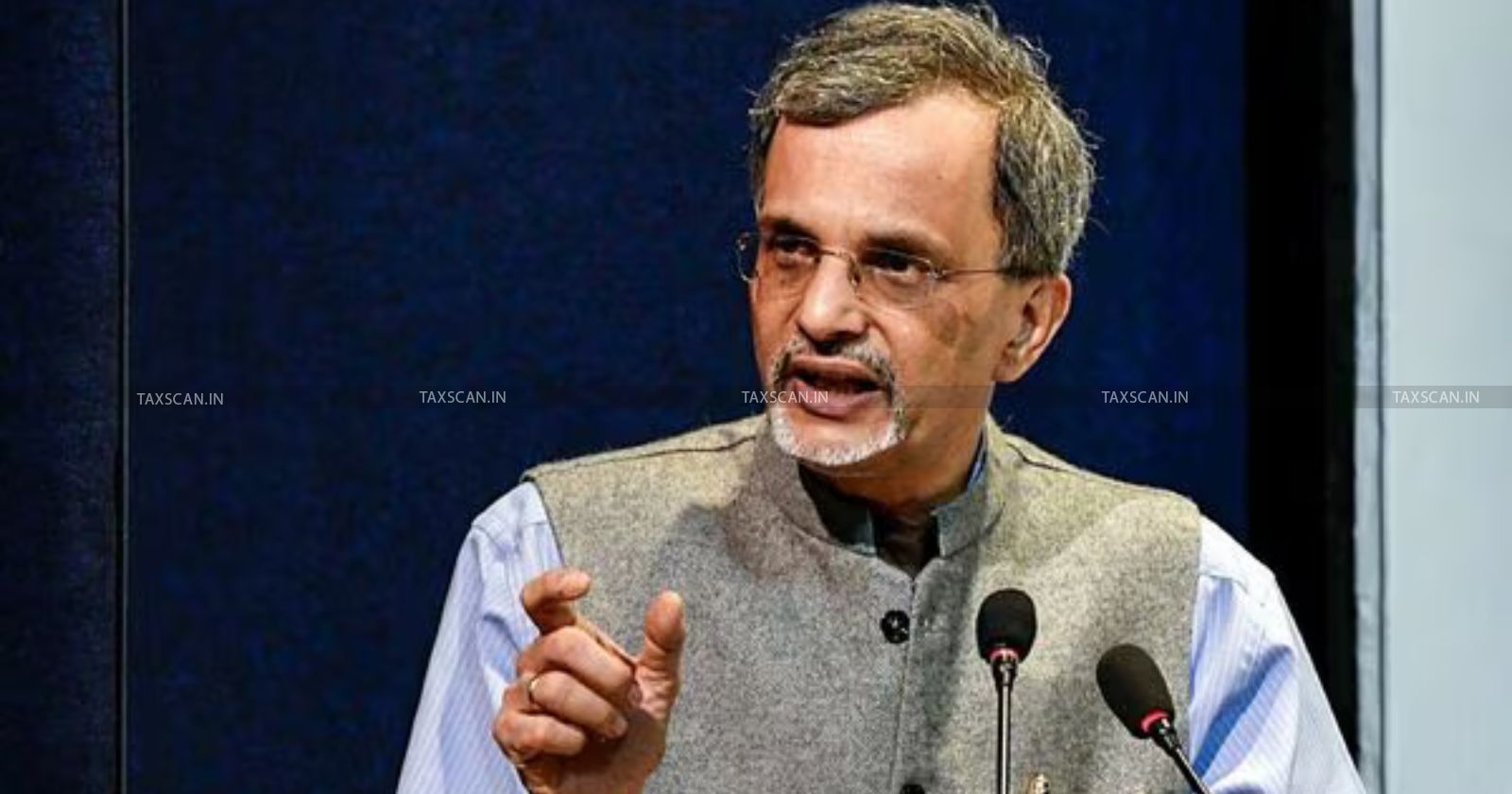CEA Nageswaran bats against Billionaire Tax Proposal, Stresses Focus on Poverty Reduction Over Inequality
He was speaking at a discussion on inequality, economic growth, and inclusion organized by the Research and Information System for Developing Countries (RIS)

Billionaire Tax cases – CEA Nageswaran – CEA Nageswaran against Billionaire Tax – TAXSCAN
Billionaire Tax cases – CEA Nageswaran – CEA Nageswaran against Billionaire Tax – TAXSCAN
Chief Economic Advisor ( CEA ) V. Anantha Nageswaran dismissed the idea of a "billionaire tax" proposed by renowned economist Thomas Piketty, emphasizing that not all challenges can be resolved through regulation.
Speaking at a discussion on inequality, economic growth, and inclusion organized by the Research and Information System for Developing Countries (RIS), Nageswaran underscored the complexities of taxing the wealthy and the potential repercussions on capital.
Effortless Faceless Appeals – File with GPT Precision - Click here to Register
Taxing capital less may not guarantee more investments, but taxing it more will definitely drive capital away, he stated. Highlighting the difficulty of bringing capital back once it leaves, Nageswaran added that while billionaires should contribute more, measuring and redistributing their wealth is fraught with challenges. He pointed out that India already ensures progressivity in its tax structure, encouraging contributions to nation-building from all according to their abilities.
The CEA stressed that public policy should prioritize equality of access and opportunity over equality of outcomes. He warned that enforcing equal outcomes through regulation could disproportionately burden micro and small businesses, which lack the financial and managerial resources to adapt. “The tyranny of thresholds condemns them to remain small,” he noted, cautioning policy makers against the unintended consequences of well-meaning regulations.
Nageswaran emphasized that poverty reduction, rather than income inequality, should be the benchmark for equitable growth. “Reducing poverty is the litmus test,” he said, urging a pragmatic approach to economic policymaking.
Effortless Faceless Appeals – File with GPT Precision - Click here to Register
In contrast, Piketty argued that reducing inequality could accelerate poverty alleviation. He noted that while countries in the past achieved wealth by exploiting global resources, modern economic success is tied to reducing inequalities. He also called for greater transparency and the publication of more data by the government. Refuting criticisms about the quality of his data on inequality in India, Piketty said, “India remains one of the most unequal countries by global standards, and addressing inequality will lead to faster poverty reduction.”
Shamika Ravi, a member of the Prime Minister’s Economic Advisory Council, supported the emphasis on growth, calling it "non-negotiable" for India. “Growth has brought us to this stage. Degrowth, as seen in parts of Europe, is not an option for us,” she remarked, underscoring the importance of economic expansion in addressing the inequality debate.
Support our journalism by subscribing to Taxscan premium. Follow us on Telegram for quick updates


